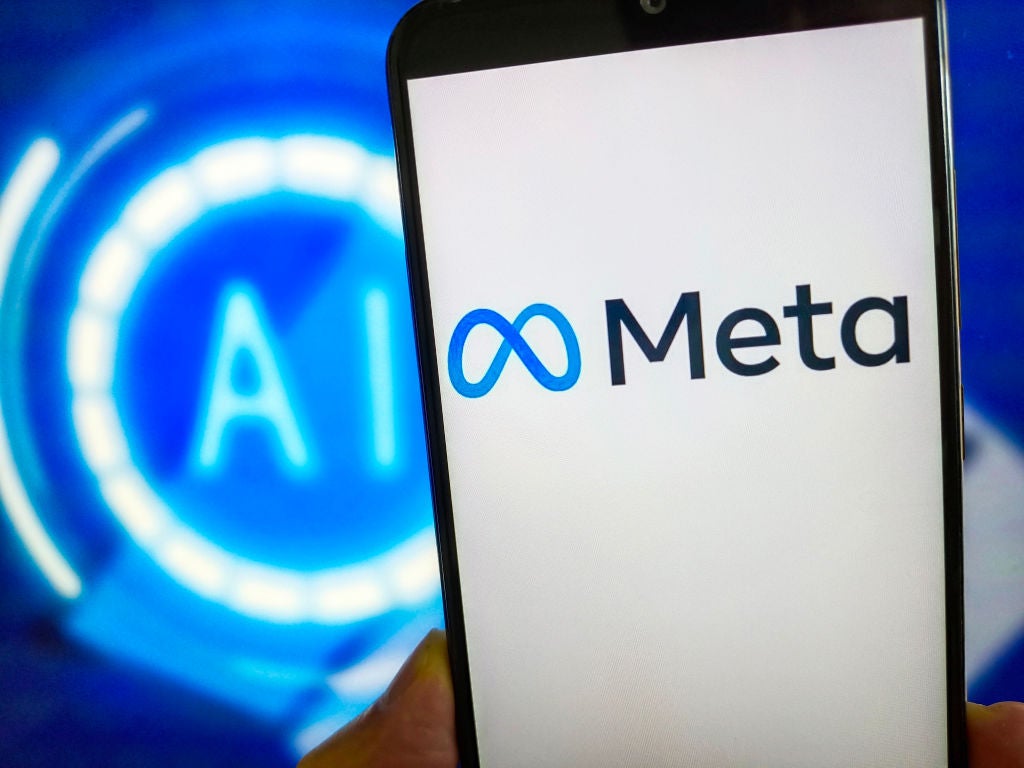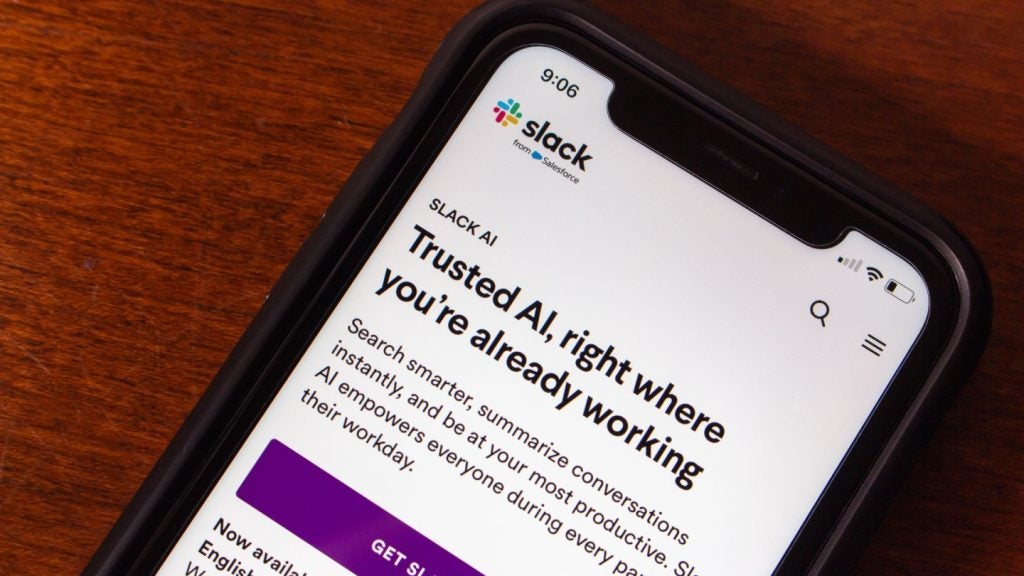
In 2015, Google used an Artificial Intelligence (AI) program called AlphaGo to defeat three-time European Champion Fan Hui in the 2,500-year-old game of Go, a game described as exponentially more complex than chess.
During this and subsequent games, Google’s AlphaGo not only soundly defeated competitors by a wide margin, but also invented entirely new playing strategies, challenging centuries of human knowledge of the Go game.
Google’s AlphaGo achieved this feat of engineering by first playing countless iterations of Go against itself. Each time it played, the AI learned a little more about which moves lead to which outcomes, eventually allowing the system to train itself into being a grandmaster. With this, a specialised cognitive service is born, able to defeat the greatest of Go champions, but unable to do anything else.
Many AI technology vendors have created ever-expanding lists of off-the-shelf, pre- and partially-trained cognitive services such as natural language processing, intent analysis, image recognition, transcription and translation. If you want to add intelligent automation to business functions, you can simply buy a cognitive service that meets your specific needs.
Furthermore, these services do not require specialists to deploy. Available as easily accessed cloud services, they can be quickly integrated into existing workflows, automating specific stages of a business process. This provides an easy and incremental path for organisations to evolve from simple process automation to intelligent automation.
Businesses worldwide are embracing intelligent automation that adds true artificial intelligence to business operations through a combination of Business Process Management (BPM), AI and Robotic Process Automation (RPA). Together, these tools form the foundation of any intelligent automation initiative.
How well do you really know your competitors?
Access the most comprehensive Company Profiles on the market, powered by GlobalData. Save hours of research. Gain competitive edge.

Thank you!
Your download email will arrive shortly
Not ready to buy yet? Download a free sample
We are confident about the unique quality of our Company Profiles. However, we want you to make the most beneficial decision for your business, so we offer a free sample that you can download by submitting the below form
By GlobalDataThe challenge now for many businesses is not integrating AI, but rather choosing the right solution from the many available, and aligning implementation with clearly defined business goals.
Identifying appropriate tasks and processes and accurately projecting business benefits can be difficult. But it doesn’t have to be.
Understand your processes
The first step toward understanding how AI can benefit your organisation is to understand more than just your end-to-end business processes.
You must identify the discrete tasks underlying those processes, and by evaluating the nature of each of those tasks, you can determine how they might benefit from the addition of cognitive services available on the market or as custom AI logic.
Business Process Management (BPM) tools are the best place to start, as they allow for rapid documentation of overall processes and process steps, and provide detailed analytics on process performance.
Using BPM, a clear picture should arise of where bottlenecks exist in a process. If the source of a bottleneck is the need to analyse disparate data sets for decision-making, you may have a candidate for a cognitive service that would increase process efficiency.
Find the right AI
Once you understand the best opportunities for improved efficiency, look at the market of cognitive services that match your inefficient tasks.
While browsing major cloud platforms, such as Google and Amazon Web Services, can provide a quick view into potential cognitive services, you will need to watch the news closely as new providers are rapidly coming to market.
AI use cases
A few example applications for current services might include:
- Intelligent Triage – Partially trained cognitive services like Microsoft Azure LUIS can apply natural language processing with an awareness of your business operations to understand the nature of inbound requests and automatically route them to appropriate personnel.
- Sentiment Scoring – Pre-trained sentiment analysis services can help manage hundreds of simultaneous customer communications, identifying unhappy customer interactions and alerting managers to step in to keep customers happy.
- Optical Character Recognition (OCR) – While OCR services have existed for a long time, their reliability has been greatly improved with the latest AI capabilities. Any document heavy business process can incorporate OCR to speed the extraction of data from forms and loading into backend systems.
- Image and Facial Recognition – As cameras are increasingly used in all aspects of our lives, it can become impossible to properly categorise and search for specific images. Image recognition services such as Google Vision can quickly create searchable descriptions of images and even identify specific landmarks or locations. The use of facial recognition as a biometric will also become more prevalent in the coming years.
- Next Best Action – Each customer communication is an opportunity to learn how to provide better services and bespoke products. Machine Learning services can be continuously trained by customer service agents, identifying customer interactions and recommending what action would be best to maximise customer touchpoints.
These are just some examples of practical AI applications to improve business performance.
Achieve intelligent automation rapidly with low-code
Implementing emerging AI and robotic process automation capabilities into your organisation is easy with an enterprise low-code development platform. By eliminating complex coding, you can connect powerful new solutions into your current applications and automate repetitive manual work without having a team of developers re-engineer your systems.
An example of this in action is within the contact centre environment, where customer experience is key. We are now seeing solutions offering intelligent automation augmenting the contact centre in a way that provides tangible and measurable benefits.
Benefits provided by these solutions include identifying callers before the support agent picks up so that he or she knows the name and case history of that customer before even saying ‘hello.’ During the call, the system can analyse the sentiment of the customer’s interaction, anticipate questions, give the handler suggestions on how to respond and provide better service.
AI in this scenario is designed to help the human call-handler make the customer feel special. By empowering employees with the right data at the right time, it can help the customer feel as if he or she is dealing with a concierge, who’s known them for years.
Business underestimates what AI can do
Today, organisations are faced with the complete opposite problem to the one which confronted them a few years ago. Rather than a small number of complex and expensive AI applications, they can now choose from a wide range of adaptable, easy-to-implement and affordable ones.
This should not produce analysis paralysis. AI delivered through an enterprise low-code platform is flexible and modular enough for organisations to implement incrementally, in a low-risk fashion, while they learn. The time to start making your automation more intelligent is now.
Read more: Responsible AI and the need for ethical gatekeepers






